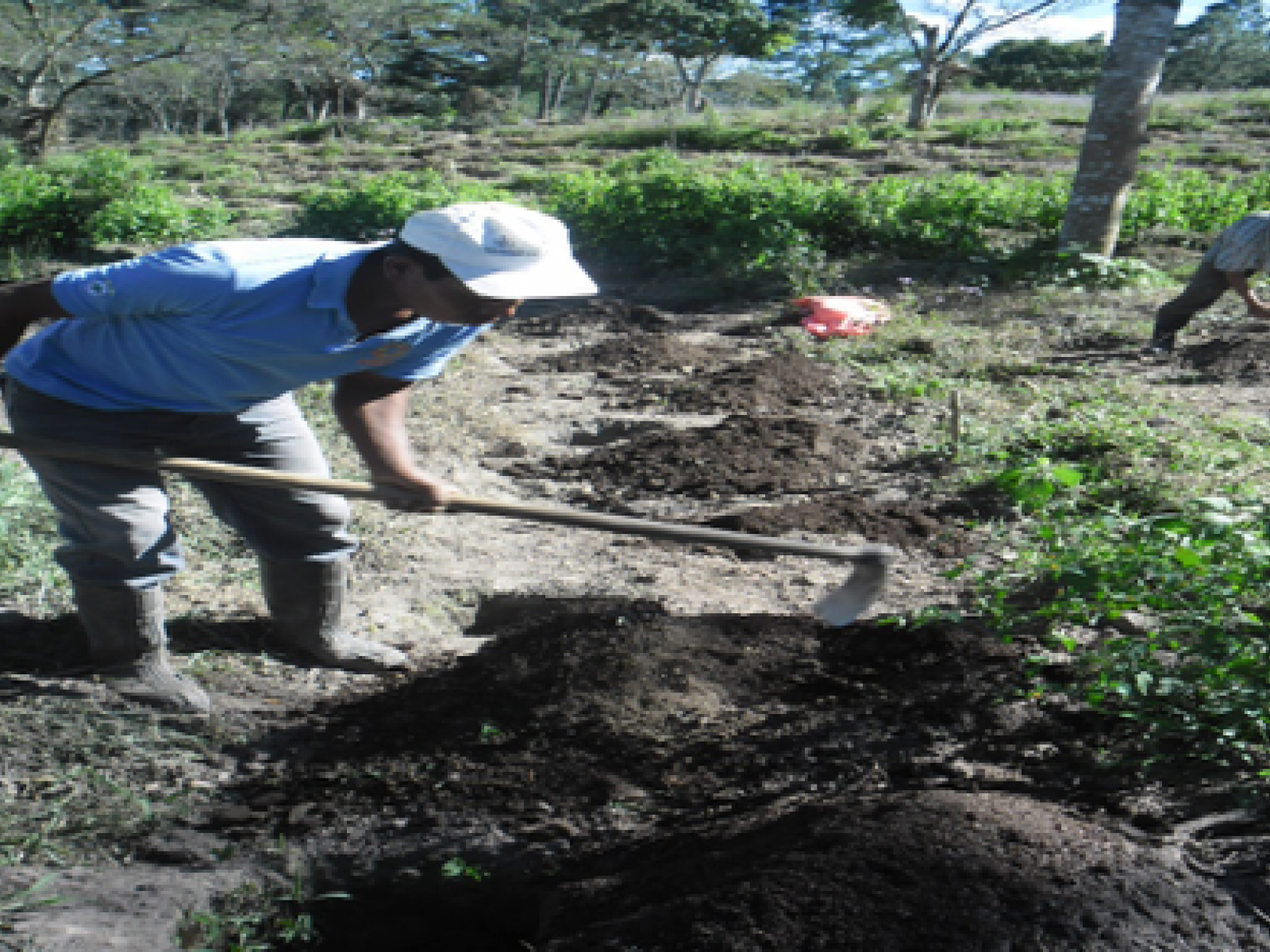An Overview Of Our Solution
Organic Coffee Marcala (COMSA) is a fairly consolidated company with more than 1000 small and medium producers and producers of Coffee in Marcala and other Municipalities of La Paz and Intibuca, Honduras. It was constituted in 2001 with a little more than 50 members after the bankruptcy of an emblematic Cooperative of the area, recovering organizational nuclei articulated around Rural Boxes and religious inspirations. In its organizational figure some important changes were made that bring it closer to organizations of the Social Economy.
Its main focus is coffee with an agroecological approach, around which it has developed all the phases of the chain for the export of differentiated green coffee (Quality, Fair Trade, Organic, some sustainable seals, Hands of Woman), and with this item and Differentiated policies in relation to other organizations in the area
Who is this solution impacting?
Community Type
Rural
Additional Information
- Population Impacted:
- Continent: North America
General Information
Organization type
Cooperativo
Ecosystem (select all that apply)
Forests
Population impacted
1,250 Socios
Challenge
Size of agricultural area
4,000 Ha
Production quantity
90,909.09091 Kilos
People employed
75
Solution
Describe your solution
Regenerate the soil of 4,000 ha of organic coffee by applying microbiology, organic matter, minerals and living molecules and strengthening the capacities of the producers. In organic agriculture through training courses in the field (origin of life, human farm, healthy eating, chromatography, microbiology, preparation of organic biopreparations, influence of the moon in agriculture, financial intelligence, entrepreneurship, business development, Family integration field days, technical advice, monitoring and follow-up
Implementation
Describe your implementation
Training producers and then following them through COMSA technicians
.
• Enabling conditions
We are organized as an organic coffee company and within a fair market and our partners must meet standards and requirements in the production necessary to be able to sell our coffee into the international market
• Key success factors
Comprehensive management (financial management, human resources, defined processes, high social and environmental responsibility).
• Any obstacles and how you overcame them
Lack of organizational culture which is overcome by taking examples of successful models with good administration and putting it into practice.
Lack of sustainability strategies that were solved through the election of a board of directors with a vision of success.
External connections
The Rural Business Development Foundation (FUNDER), financial company such as Banco de Occidente S.A, ARTERFIN, Progreso, National Autonomous University of Honduras (UNAH), Educational Corporation for Costa Rican Development (CEDECO).
In addition to our agricultural re-engineering efforts, we opted for fair trade certification that rewards us for meeting the requirements and standards, a prize that is invested in children and their education, health, productivity, training, research, creativity, ecotourism, agricultural diversification and Gender approach
Results
What is the environmental or ecological challenge you are targeting with your solution?
-
Describe the context in which you are operating
-
How did you impact natural resource use and greenhouse gas emissions?
-
Language(s)
Spanish
Social/Community
Family integration, development initiatives such as the organic basket, Permapicultura, investment in the integral development of children, systematic training services.
Water
n/a
Food Security/Nutrition
n/a
Economic/Sustainable Development
Culture of safety and healthy food promoted by the Organic basket shop. Production and marketing of organic products,
Climate
n/a
Sustainability
The production of differentiated coffee immersed in a fair market.
Return on investment
1,000,000.00 with a return through production, export and marketing to a safe market.
Entrant Banner Image

Replication and Scale
How could we successfully replicate this solution elsewhere?
It has been proven that the replication of this experience is feasible after having received the training provided in the diplomas and the cost is more of decision than of investment
